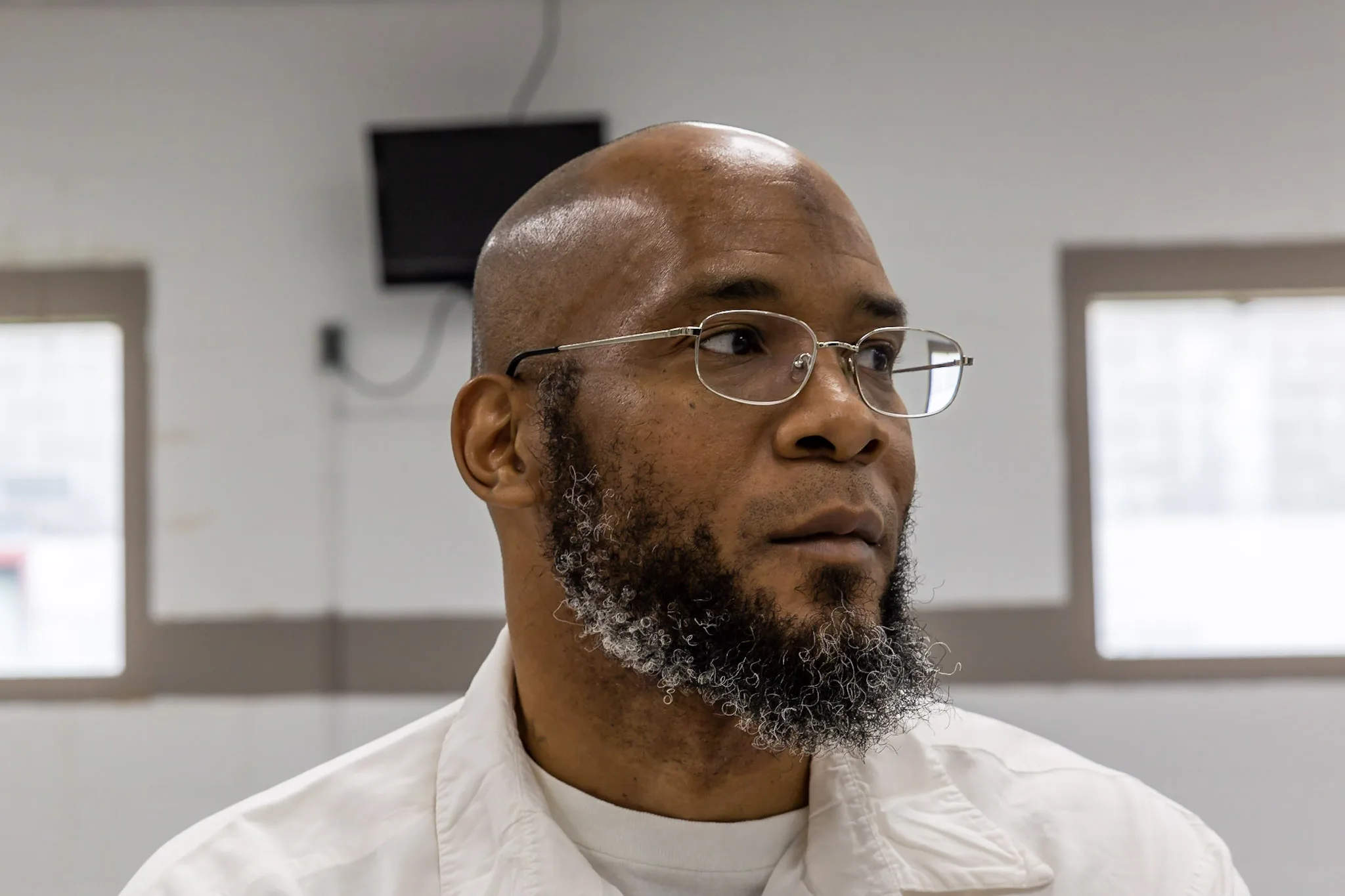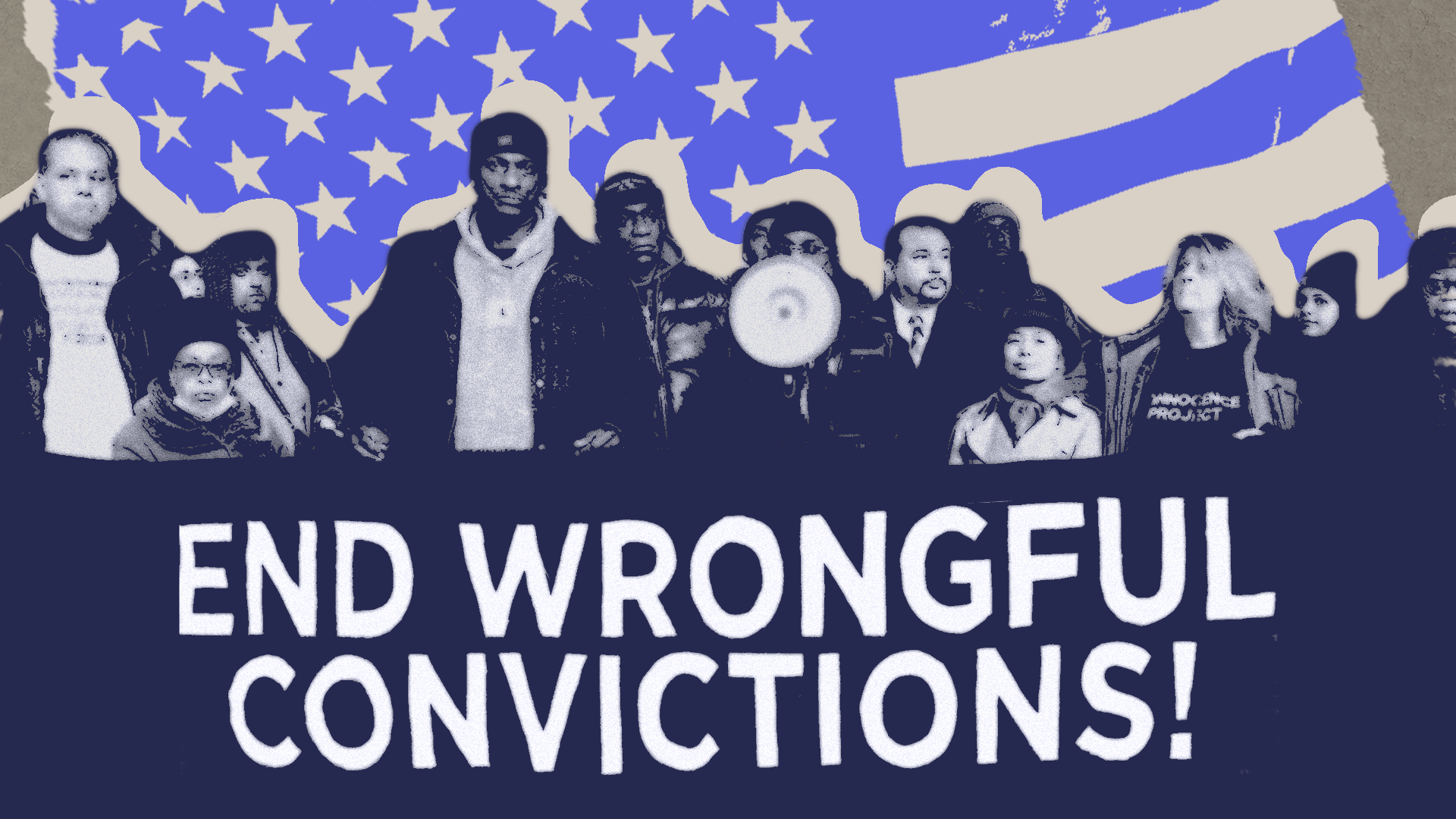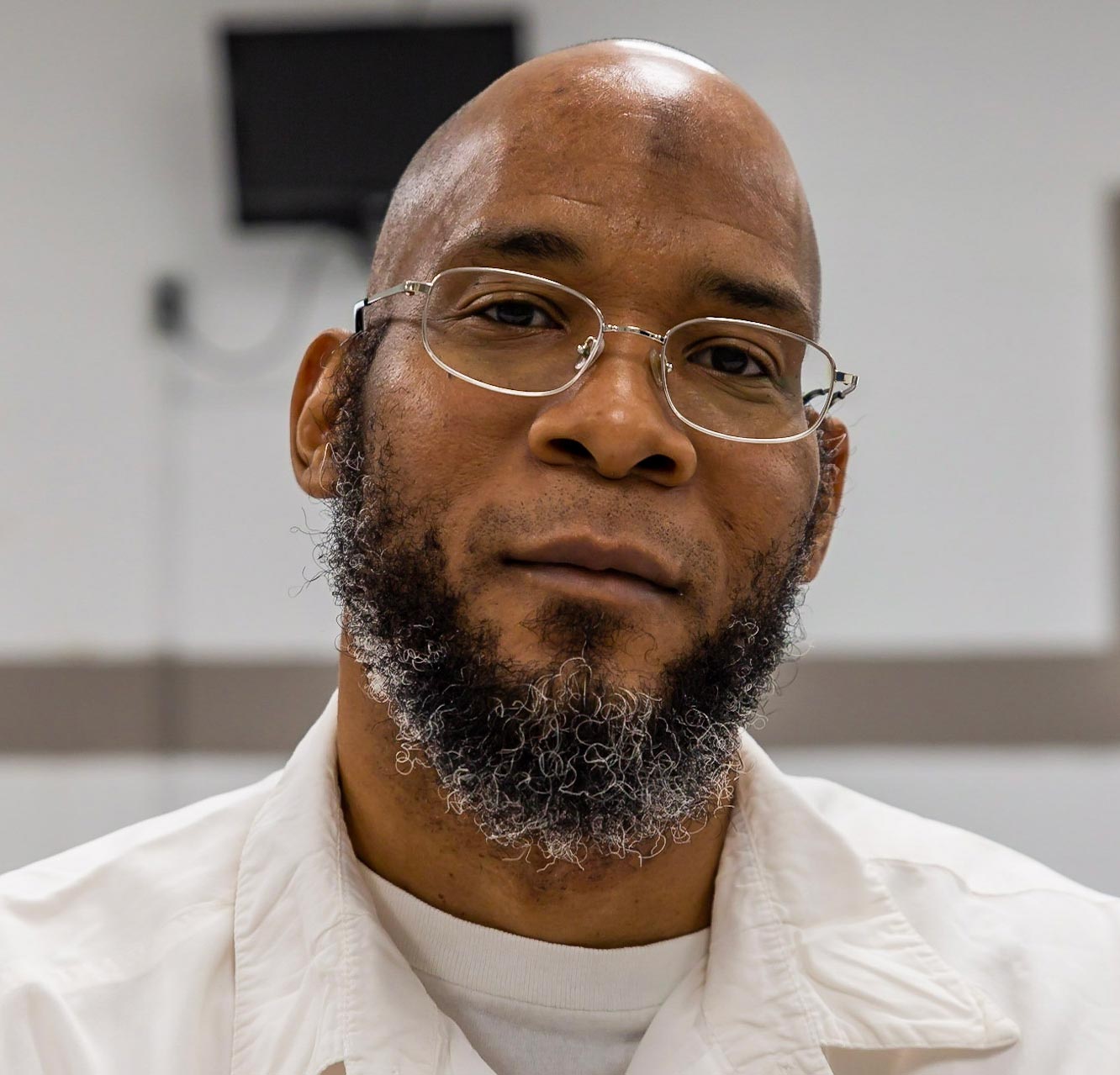This Missouri Bill Could Stop Wrongful Convictions of Innocent People Like Marcellus Williams
Missouri Senate Bill 1271 would require prosecutors to show evidence that testimony of a police informant is reliable.
01.31.24 By Alyxaundria Sanford
A new senate bill in Missouri, sponsored by Senator Nick Schroer (R-Mo.), could regulate the use of informants in criminal cases.
The Missouri General Assembly is currently debating Senate Bill 1271, which would require “a record of each case in which an informant was endorsed by the state to testify against the defendant, the substance of the testimony, and any benefit the informant was offered.”
The bill could stop the wrongful conviction of people like Marcellus Williams, whose conviction primarily relied upon the inconsistent testimonies of two incentivized witnesses and who has spent 24 years on death row for a murder that DNA evidence proves he didn’t commit.
“S.B.1271 would make it crystal clear what steps district attorneys must take when using this risky information, and in addition, it would create a central database so that prosecutors can easily and quickly access all the pieces they already need to disclose,” said Bay Scoggin, a state policy advocate at the Innocence Project.
Ten months after Felicia Gayle, a former St. Louis Post-Dispatch reporter, was fatally stabbed in her own home, all leads went cold. A jailhouse informant, seeing an opportunity to secure a deal in his own cases, provided information to the police. Henry Cole told investigators that Mr. Williams had admitted to the crime while they were both in prison and that he would testify to that if they helped him in return. Prosecutors gave Mr. Cole $5,000 in exchange for his testimony.
Mr. Williams’ ex-girlfriend, Laura Asaro, mentioned to a neighbor that she also received payment for her testimony in the case. Not only did Ms. Asaro have a history of deception but she lied under oath in her recorded deposition regarding her arrest history, and at one point, police considered charging her as an accomplice in the murder.




Leave a Reply
Thank you for visiting us. You can learn more about how we consider cases here. Please avoid sharing any personal information in the comments below and join us in making this a hate-speech free and safe space for everyone.